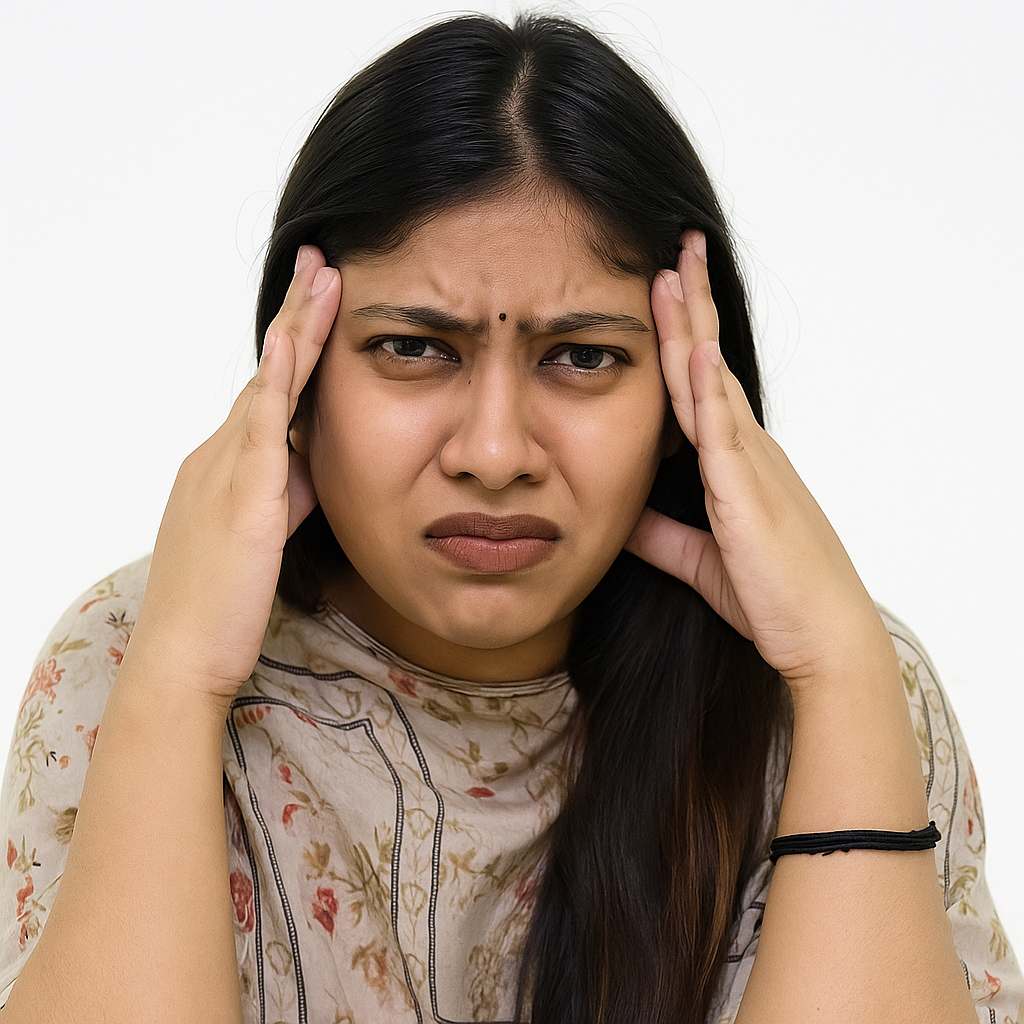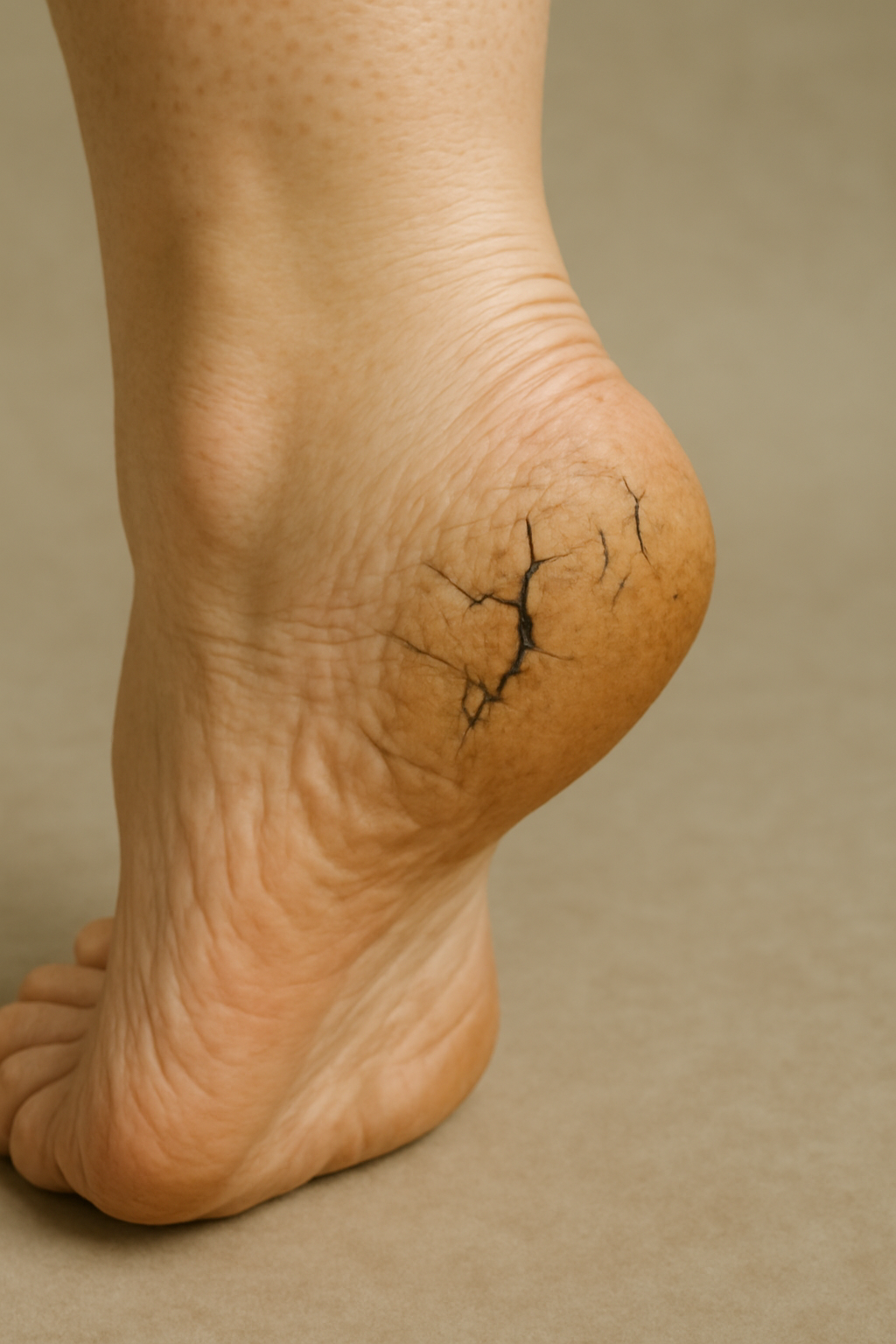Bloating is a common digestive issue that affects many people at some point in their lives. It occurs when your stomach feels full, tight, or swollen, often accompanied by discomfort or pain. Bloating can be caused by various factors, such as overeating, gas, constipation, or food intolerances. While there are several over-the-counter medications available to address bloating, there are numerous natural remedies that can provide relief without the need for medication. In this guide, we will explore how to get rid of bloating naturally by focusing on lifestyle changes, dietary adjustments, and home remedies.
1. Understand the Causes of Bloating
Before we dive into the solutions, it’s important to understand what causes bloating. Identifying the underlying cause of your bloating can help you choose the most appropriate natural remedy.
- Overeating: Eating large meals can cause your stomach to expand, leading to bloating. It can also overload the digestive system, causing it to slow down and resulting in discomfort.
- Gas and Air Swallowing: When you swallow air, whether through chewing gum, drinking carbonated beverages, or eating too quickly, the trapped air can cause bloating. Additionally, certain foods produce gas as they are digested, leading to bloating.
- Food Intolerances and Allergies: Some people have sensitivities to foods like dairy, gluten, or certain types of carbohydrates, leading to bloating and digestive discomfort.
- Constipation: When your bowels are not functioning properly, waste and gas can build up in the intestines, causing bloating.
- Hormonal Changes: Hormonal fluctuations during menstruation or pregnancy can lead to bloating. This is often due to changes in water retention or gas production.
- Poor Digestive Health: Conditions like irritable bowel syndrome (IBS), small intestine bacterial overgrowth (SIBO), or other digestive disorders can contribute to chronic bloating.
2. Eat Smaller, More Frequent Meals
One of the most effective ways to avoid bloating is to adjust your eating habits. Overeating or consuming large meals at once can overwhelm your digestive system and cause bloating. Instead of eating three large meals, try consuming smaller, more frequent meals throughout the day.
How to Eat Smaller Meals to Prevent Bloating:
- Divide Your Meals: Aim to have 4 to 6 smaller meals instead of 2 or 3 large ones.
- Chew Your Food Thoroughly: Chewing your food thoroughly before swallowing reduces the amount of air swallowed and aids the digestive process, preventing bloating.
- Eat Slowly: Eating too quickly can cause you to swallow excess air, leading to bloating. Take your time to savor each bite.
3. Drink Plenty of Water
Staying hydrated is essential for maintaining proper digestion and preventing bloating. When you’re dehydrated, your digestive system slows down, which can lead to constipation and bloating. Drinking plenty of water helps keep things moving smoothly and flushes out excess salt, which can contribute to water retention.
How to Use Water to Reduce Bloating:
- Drink Water Throughout the Day: Aim to drink at least 8 cups of water daily, or more if you’re active or in hot weather.
- Herbal Teas: Certain herbal teas, such as peppermint, ginger, or chamomile, can help reduce bloating and improve digestion. Sip these teas throughout the day to support digestive health.
- Avoid Excessive Salt: High salt intake can lead to water retention and bloating. Be mindful of processed foods and choose fresh, whole foods when possible.
4. Avoid Foods That Cause Gas
Certain foods are known to produce gas during digestion, which can contribute to bloating. By avoiding or limiting these foods, you can reduce the chances of experiencing bloating.
Foods to Avoid for Reducing Bloating:
- Beans and Lentils: These legumes contain certain types of fiber and carbohydrates that are difficult to digest, causing gas and bloating.
- Cruciferous Vegetables: Vegetables like broccoli, cauliflower, cabbage, and Brussels sprouts contain fiber and certain sugars that can be hard to digest, leading to gas.
- Carbonated Drinks: Carbonated beverages, including soda and sparkling water, introduce gas into the digestive system, which can contribute to bloating.
- Dairy: People with lactose intolerance may experience bloating after consuming dairy products like milk, cheese, and yogurt.
- Processed Foods: Many processed foods contain added sugars, artificial sweeteners, and preservatives that can irritate the digestive system and cause bloating.
Foods That Help Reduce Bloating:
- Ginger: Ginger is a natural anti-inflammatory that aids digestion and can help reduce bloating. You can enjoy it in tea form or add it to your meals.
- Cucumbers: Cucumbers are high in water content and can help reduce bloating by flushing out excess water from the body.
- Bananas: Bananas are rich in potassium, which can help balance sodium levels and reduce water retention and bloating.
- Papaya: Papaya contains an enzyme called papain that helps break down proteins in the digestive system, reducing bloating.
5. Try Probiotics and Prebiotics
Probiotics are beneficial bacteria that support gut health and improve digestion. When your gut bacteria are balanced, your digestive system functions more efficiently, reducing bloating and discomfort. Prebiotics, on the other hand, are fiber-rich foods that feed the healthy bacteria in your gut.
How to Use Probiotics and Prebiotics:
- Probiotic Foods: Incorporate probiotic-rich foods like yogurt, kefir, kimchi, sauerkraut, miso, and tempeh into your diet to promote healthy gut bacteria.
- Prebiotic Foods: Include prebiotic foods like garlic, onions, bananas, asparagus, and leeks to nourish the beneficial bacteria in your gut.
- Probiotic Supplements: If you don’t consume many probiotic-rich foods, consider taking a probiotic supplement to support your gut health.
6. Engage in Regular Physical Activity
Exercise is an excellent way to promote healthy digestion and prevent bloating. Physical activity helps stimulate the muscles in the digestive tract, encouraging the movement of food and gas through the intestines. Additionally, regular exercise can reduce stress, which is a common cause of digestive issues.
How to Use Exercise to Relieve Bloating:
- Walking: Taking a brisk walk after meals can help stimulate digestion and relieve bloating. Even a short walk can make a significant difference.
- Yoga: Yoga poses like the “seated twist” or “child’s pose” can help release gas and promote the flow of food through the digestive system.
- Stretching: Stretching exercises that focus on the abdomen can help release tension and encourage digestion, reducing bloating.
- Core Workouts: Engaging in core-strengthening exercises, such as Pilates or gentle ab exercises, can help improve digestion and reduce bloating over time.
7. Avoid Swallowing Excess Air
Swallowing air, also known as aerophagia, is a common cause of bloating. This can happen when you chew gum, drink through a straw, eat too quickly, or talk while eating. The air that enters the stomach can contribute to the feeling of fullness and discomfort.
Tips for Avoiding Air Swallowing:
- Chew Slowly: Take your time to chew each bite of food thoroughly. This will reduce the amount of air you swallow and help your digestive system function more efficiently.
- Avoid Gum and Hard Candies: Chewing gum and sucking on hard candies can cause you to swallow air. Opt for natural remedies like sucking on a piece of ginger or mint to freshen your breath instead.
- Drink Without Straws: Drinking from a straw can cause you to swallow excess air. Sip directly from a glass instead.
8. Use Herbal Remedies
Several herbal remedies have been used for centuries to alleviate bloating and promote healthy digestion. These natural options can be taken in the form of teas, capsules, or extracts to relieve bloating and discomfort.
Effective Herbal Remedies for Bloating:
- Peppermint: Peppermint has soothing properties that can relax the muscles in the gastrointestinal tract, helping to relieve bloating and gas. Drink peppermint tea or chew peppermint leaves to ease symptoms.
- Fennel: Fennel seeds have carminative properties, which means they help expel gas from the digestive tract. Chewing fennel seeds or drinking fennel tea can help reduce bloating.
- Ginger: Ginger is another effective herb for relieving bloating and gas. It stimulates the production of digestive enzymes and promotes smooth digestion. Drink ginger tea or add fresh ginger to meals.
- Chamomile: Chamomile is well-known for its calming and anti-inflammatory properties. It can help reduce bloating caused by indigestion or stress. Drink chamomile tea to promote relaxation and reduce bloating.
9. Manage Stress
Stress and anxiety are often overlooked causes of bloating. When you’re stressed, your body produces cortisol, a hormone that can disrupt digestion and lead to bloating. Managing stress through relaxation techniques can significantly reduce bloating and improve digestion.
How to Manage Stress for Bloating Relief:
- Practice Meditation: Meditation can help calm your mind and reduce the physical symptoms of stress, including bloating.
- Breathing Exercises: Deep breathing exercises can help activate the parasympathetic nervous system, which promotes relaxation and better digestion.
- Mindfulness: Being mindful of your eating habits, stress levels, and overall lifestyle can help you identify triggers for bloating and avoid them in the future.
10. Get Enough Sleep
Sleep plays a crucial role in maintaining a healthy digestive system. When you’re well-rested, your body can process food more efficiently, reducing the likelihood of bloating. Poor sleep, on the other hand, can disrupt your digestive system and contribute to bloating.
Tips for Better Sleep:
- Establish a Sleep Routine: Go to bed at the same time each night and ensure you get 7-9 hours of sleep.
- Create a Sleep-Friendly Environment: Make your bedroom cool, dark, and quiet to improve the quality of your sleep.
- Limit Stimulants: Avoid caffeine, nicotine, and heavy meals before bedtime, as they can interfere with sleep and digestion.
Bloating can be an uncomfortable and frustrating issue, but there are plenty of natural remedies that can help alleviate the symptoms. By making small adjustments to your diet, exercise routine, and lifestyle, you can reduce bloating and promote better digestive health. Staying hydrated, avoiding trigger foods, engaging in regular physical activity, managing stress, and using herbal remedies are all effective ways to address bloating naturally.
If your bloating persists or is accompanied by other symptoms like severe pain, weight loss, or changes in bowel movements, it’s important to consult a healthcare professional to rule out any underlying conditions. However, by incorporating these natural solutions into your daily routine, you can significantly improve your digestive health and enjoy a bloating-free life.



